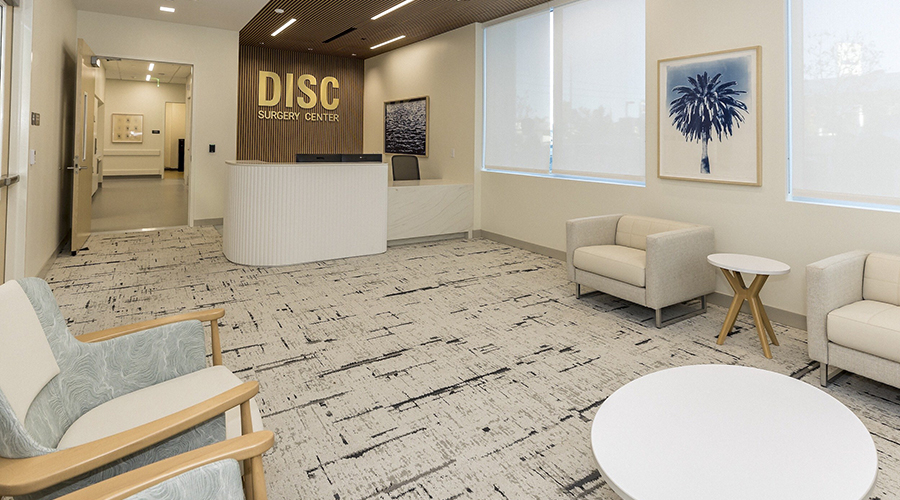Advancements in genomic research, identification of target-specific biomarkers, and the shift toward personalized medicine are driving the adoption of companion diagnostics (CDx) in various therapeutic areas such as oncology, neurology, cardiovascular and gastrointestinal. Therefore, pharmaceutical and biotechnology companies must understand the intellectual property (IP) issues affecting the CDx sector. Companies seeking IP protection for diagnostics in multiple jurisdictions should thoroughly understand the patentability regime in each jurisdiction to formulate most appropriate IP strategies.
“In the CDx market, participants can achieve a competitive edge by building a strong patent portfolio covering major therapeutic areas,” said TechVision Senior Consultant Manmohan Singh. “However, patentability criteria for diagnostic methods vary significantly in different countries. Players should also look toward recent legal cases for guidance about the scope of patent-eligible subject matter for diagnostic claims in different jurisdictions.”
Companion Diagnostics – A Strategic Review from an IP Perspective is part of Frost & Sullivan’s TechVision subscription program. The research highlights opportunities and risks in CDx from a patenting perspective. It provides an overview of key IP issues, recent cases for diagnostics and gene patenting in the United States, and their business impact. It also provides strategic recommendations for formulating an appropriate IP strategy.
Click here for complimentary access to more information on this analysis and to register for a Growth Strategy Dialogue, a free interactive workshop with Frost & Sullivan’s thought leaders.
The key IP issues relevant to companion diagnostics are patent eligibility, prosecution, and enforceability in various target markets. The Mayo vs. Prometheus and Association for Molecular Pathology vs. Myriad Genetics case decisions have narrowed the scope of the first screen for patent eligibility. However, claimed material must still meet the criteria of novelty and non-obviousness.
“In the Mayo case, the Court held that diagnostic methods claims were directed towards natural laws and without “significantly different” claims, such methods were non-patentable,” noted Singh. “In the Myriad case, the Supreme Court held that a naturally occurring Deoxyribonucleic Acid (DNA) segment is a product of nature and not patent-eligible merely because it has been isolated, but Complementary DNA (cDNA) is patent eligible because it is not naturally occurring.”
The emerging patent landscape for CDx has multiple players with Denovo Biomarkers Inc., Abbott and Expression Pathology Inc. holding the top three positions based on patent portfolio size.
View a summary of our TechVision program by clicking on the following link: http://ifrost.frost.com/TechVision_Demo.

 AI Adoption on the Rise Among Leaders
AI Adoption on the Rise Among Leaders TriasMD Officially Opens DISC Surgery Center at Tarzana
TriasMD Officially Opens DISC Surgery Center at Tarzana Goshen Health Announces Partnership with Parkview Health
Goshen Health Announces Partnership with Parkview Health Severe Winter Weather: What Healthcare Facilities Must Prioritize
Severe Winter Weather: What Healthcare Facilities Must Prioritize Recovery Centers of America Opens New Facility in Florida
Recovery Centers of America Opens New Facility in Florida